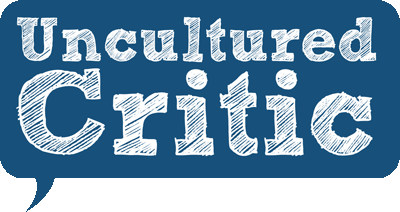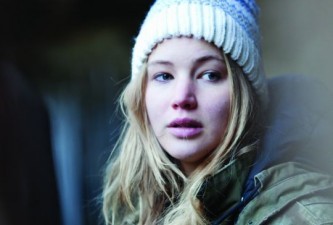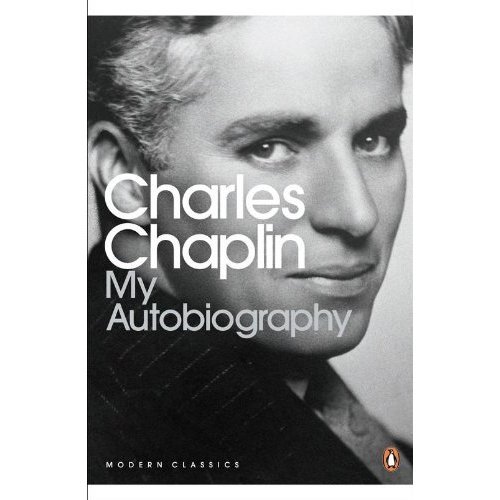Boy, this is a fun book to synopsise for friends.
The story begins with one Oswald Cornelius Esquire, who learns from a General about the magnificent and mysterious powder derived from a Sudanese beetle. Its powers are quite magnificent: a few grains on the tip of a needle are enough to drive a man to lustful distraction. Recognising its unused potential, Oswald decides to harness this power in order to make himself a pretty penny. A chemistry student, he begins to manufacture pills and sell them to Ambassadors and statesmen whom he meets at dinner parties at an incredible mark-up. When later he meets a scientist who has mastered the art of freezing sperm, they team up in order to attack the lucrative market of (involuntary) high-profile sperm donation.
While are sinister yet humorous, My Uncle Oswald is based upon trust. Though our narrator has dastardly intentions, his keen business sense and wacky company are engaging and feel curiously authentic. The characters are fantastic, particularly Oswald's partners in crime Dr A.R. Worseley and his girlfriend-cum-concubine, the sharp-witted and enchanting Yasmine.
Despite its linearity, many scenes are truly hilarious and plodding repetition is duly avoided. Dahl even has a little dig at himself and fellow writers for their self-importance and misplaced passions.
Another engaging and deliciously filthy tale from the inimitable Roald Dahl.
Book #35: ★★★★★












